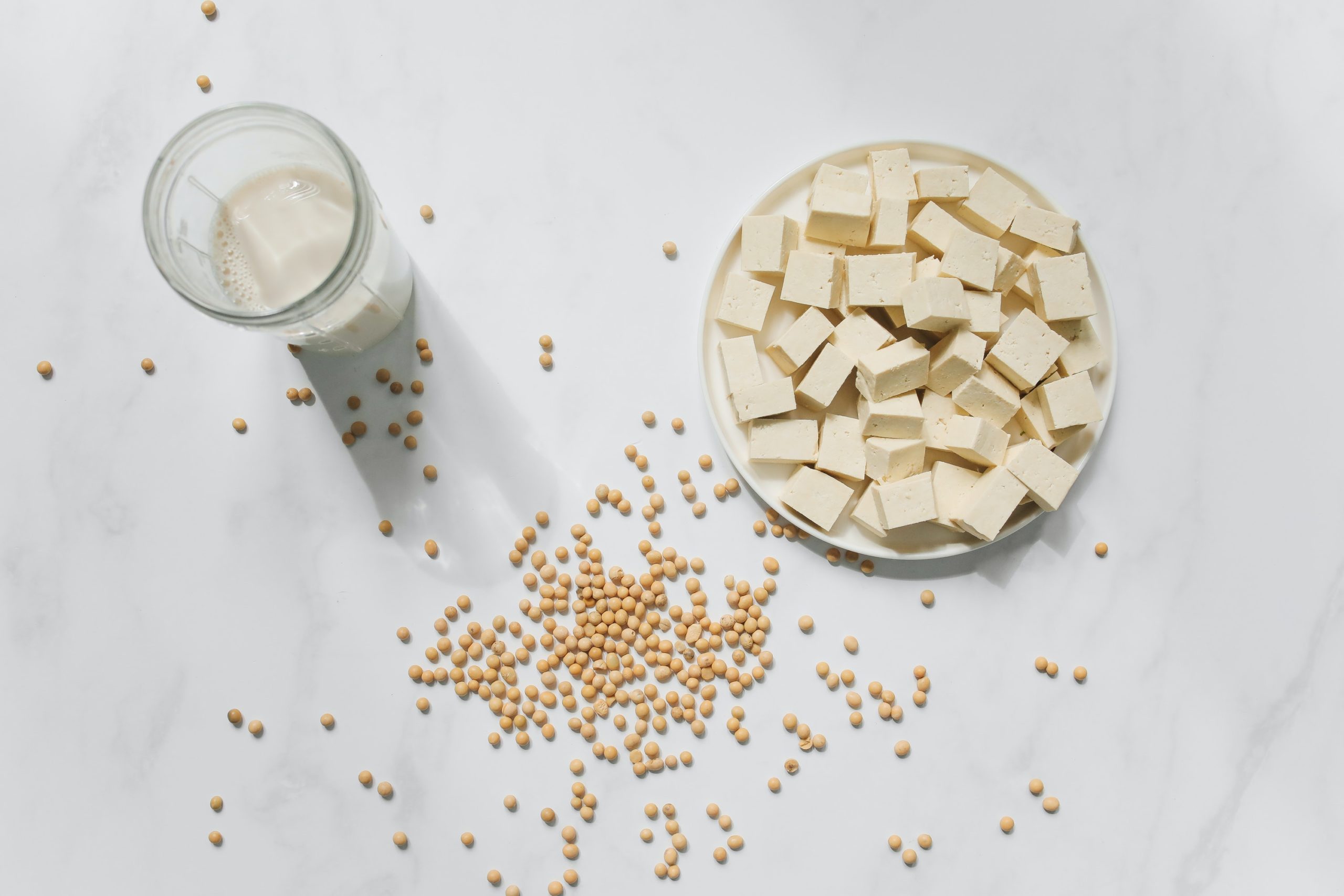Soy is a high-protein and nutritional food source derived from soybeans. According to Livestrong.com, the legume is cholesterol-free and low in fat, plus it can be used as a replacement for animal-based proteins and is found in a number of foods, including edamame, tempeh, tofu, soy milk, soy flour and meat substitutes. As with anything else that, there are some downsides of soy to keep in mind when incorporating it into your diet. Here are the pros and cons of soy:
Pro: Soy helps reduce cholesterol.
According to Livestrong.com, the FDA began labeling soy products with at least 6.25 grams of soy protein per serving as “heart-healthy” in 1999, after realizing soy — along with a healthy diet — helps reduce cholesterol and can lower blood fat levels.
Pro: Soy-heavy diets reduce heart disease.
Soy contains isoflavones, which are plant-derived compounds with estrogen, according to Oregon State University’s Linus Pauling Institute. These isoflavones help improve the lining of blood vessels and cause less damage to arteries.
Pro: Soy increases bone mineral density.
The protein found in soy helps makes bones stronger and boosts bone mineral density, which can help prevent bone diseases such as osteoporosis.
Con: Phytoestrogens can cause concerns during pregnancy.
A mentioned before, soy contains isoflavones, which are a class of phytoestrogens. This can be bad for pregnant women because a growing fetus is sensitive to hormone level changes. Phytoestrogens can attach to estrogen receptor sites and increase or decrease the effects of estrogen in the body, which can negatively impact the fetus and even cause reproductive problems in the long run, according to Livestrong.com.
Con: Isoflavones can also lower thyroid function.
According to the University of Michigan Health System, a study conducted in Japan found that people who consumed an ounce of soybeans per day for three months complained of tiredness and constipation. The results found that soy supplementation can lower the levels of iodine in the body and reduces the thyroid-stimulating hormone.
Related articles
Don’t Take The Benefits Of Pomegranates For Granted!
7 Tips To Help Ease Anxiety During COVID-19
Don’t Mix That! What You Should Know About Food And Drug Interactions
How Much Have You Done On This Florida Adventure Bucket List
Losing Your Zzzz’s? What To Do About Insomnia

